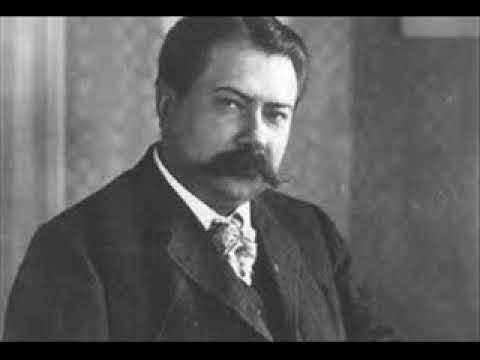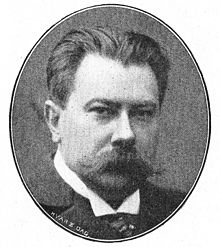Tor Aulin was a prominent Swedish composer and violinist of the late 19th and early 20th centuries. While perhaps not as widely recognized as some of his contemporaries, such as Grieg or Sibelius, Aulin made significant contributions to the classical music scene. Here are 10 interesting facts about this accomplished musician:
- Early Prodigy: Tor Aulin was born on September 10, 1866, in Stockholm, Sweden. He showed prodigious musical talent from a young age, starting violin lessons at just five years old.
- Studied Under Greats: Aulin studied violin under the renowned violinist and composer Hubert Leonard at the Stockholm Conservatory. He later pursued further studies in composition with Friedrich Hermann in Dresden, Germany.
- Violin Virtuoso: Aulin was not only a talented composer but also an exceptional violinist. He toured extensively throughout Europe as a soloist, earning acclaim for his technical prowess and expressive playing.
- Chamber Music Champion: Aulin was particularly known for his contributions to chamber music. He composed numerous chamber works, including string quartets, piano trios, and violin sonatas, which were well-received by audiences and critics alike.
- Founder of the Aulin Quartet: In 1887, Aulin founded the Aulin Quartet, one of Sweden’s most celebrated string quartets of its time. The ensemble played a pivotal role in promoting chamber music in Sweden and beyond.
- Prolific Composer: Despite his relatively short life (he passed away at the age of 46), Aulin was a prolific composer. He wrote symphonies, concertos, operas, and a considerable amount of chamber music, totaling over 200 compositions.
- Nationalistic Themes: Like many composers of his era, Aulin incorporated elements of Swedish folk music into his compositions. He often drew inspiration from Swedish folk melodies and landscapes, infusing his works with a sense of national identity.
- Educator and Conductor: In addition to his performing and composing career, Aulin was active as an educator and conductor. He served as the director of the Royal Conservatory of Music in Stockholm and conducted various orchestras, including the Stockholm Concert Society.
- Recognition and Awards: Throughout his career, Aulin received numerous awards and honors for his contributions to music. He was awarded the Royal Swedish Academy of Music’s Litteris et Artibus medal for outstanding artistic achievement.
- Legacy: Although Aulin’s music is not as widely performed today as that of some of his contemporaries, his compositions continue to be appreciated by musicians and audiences alike. His chamber works, in particular, remain an important part of the repertoire for string ensembles.


Comments are closed